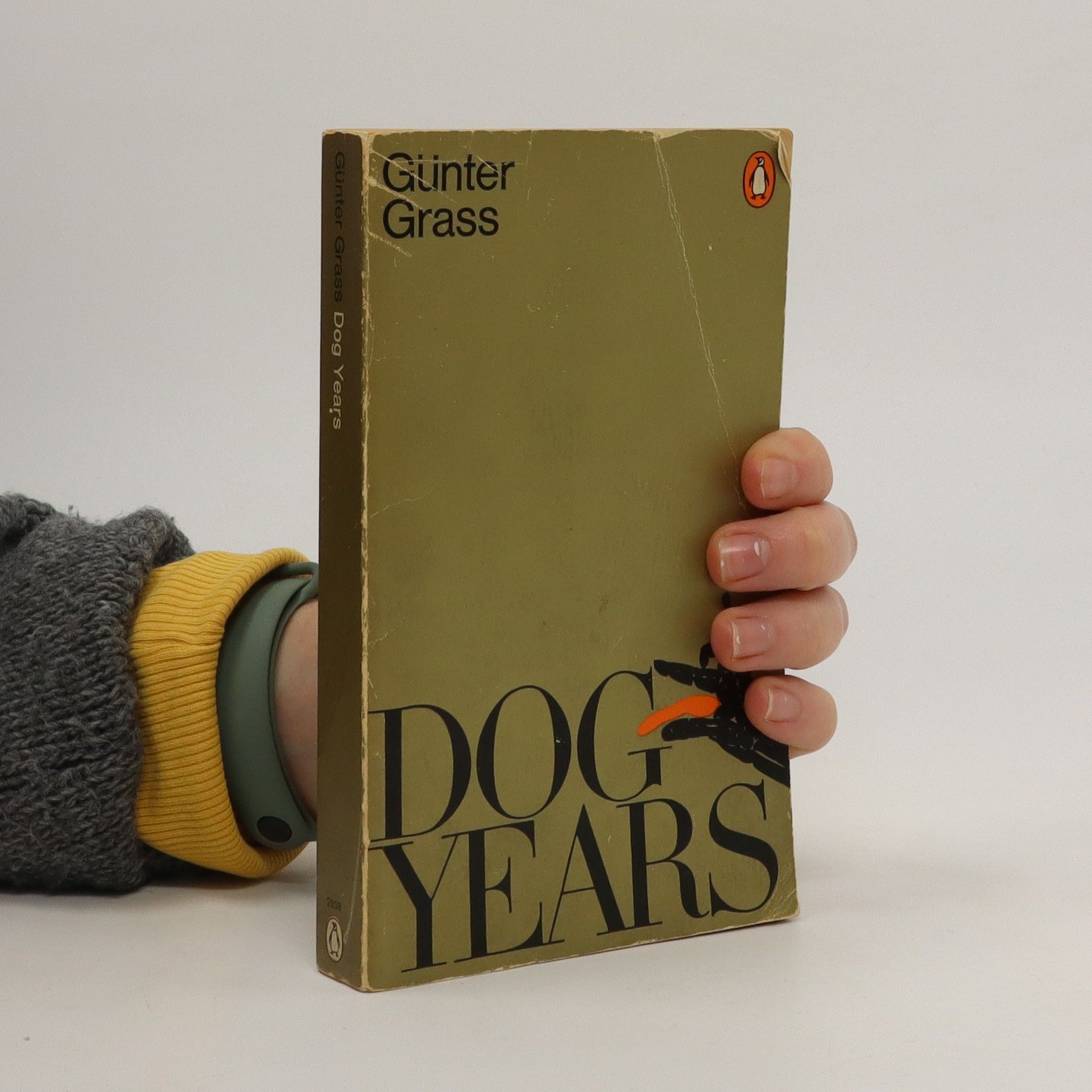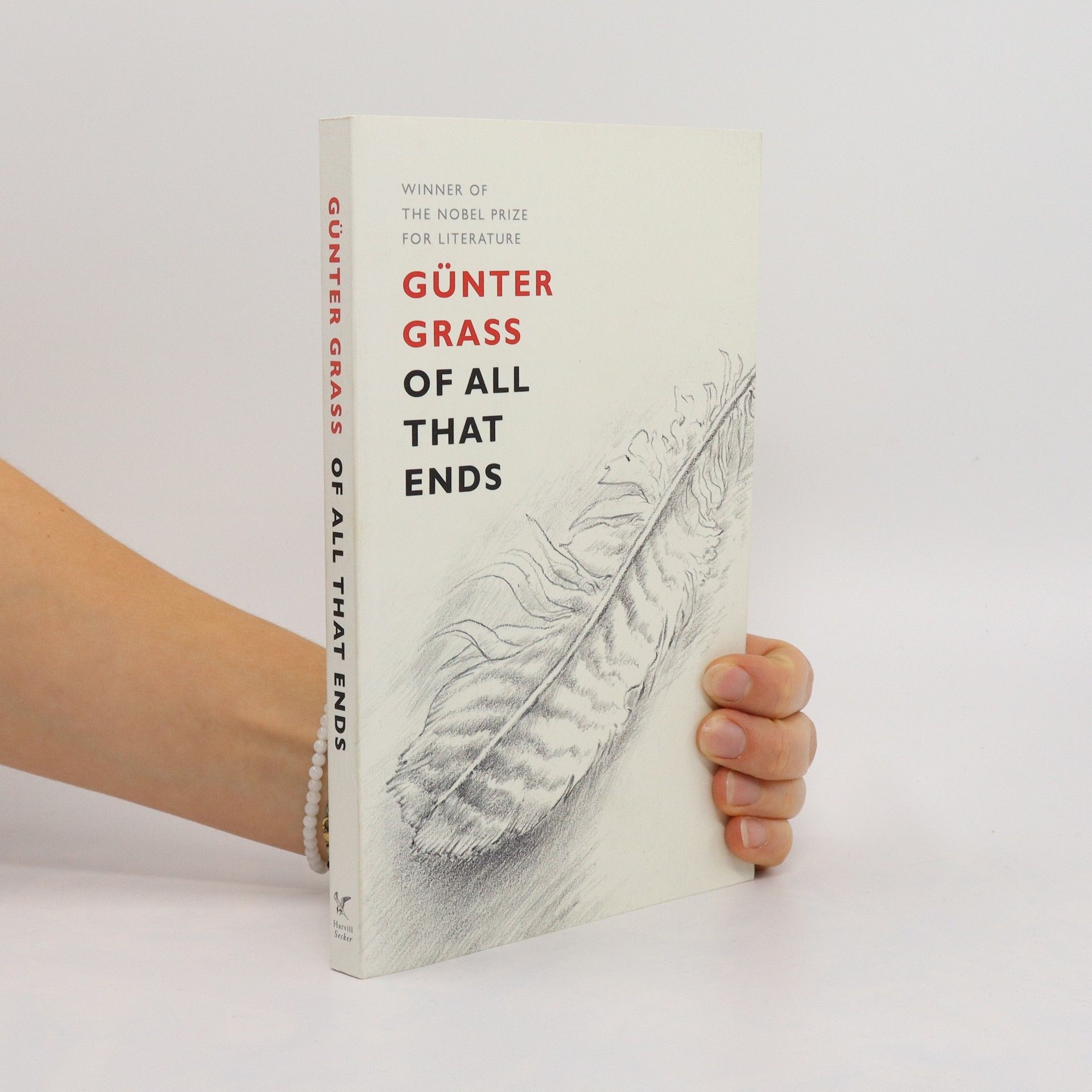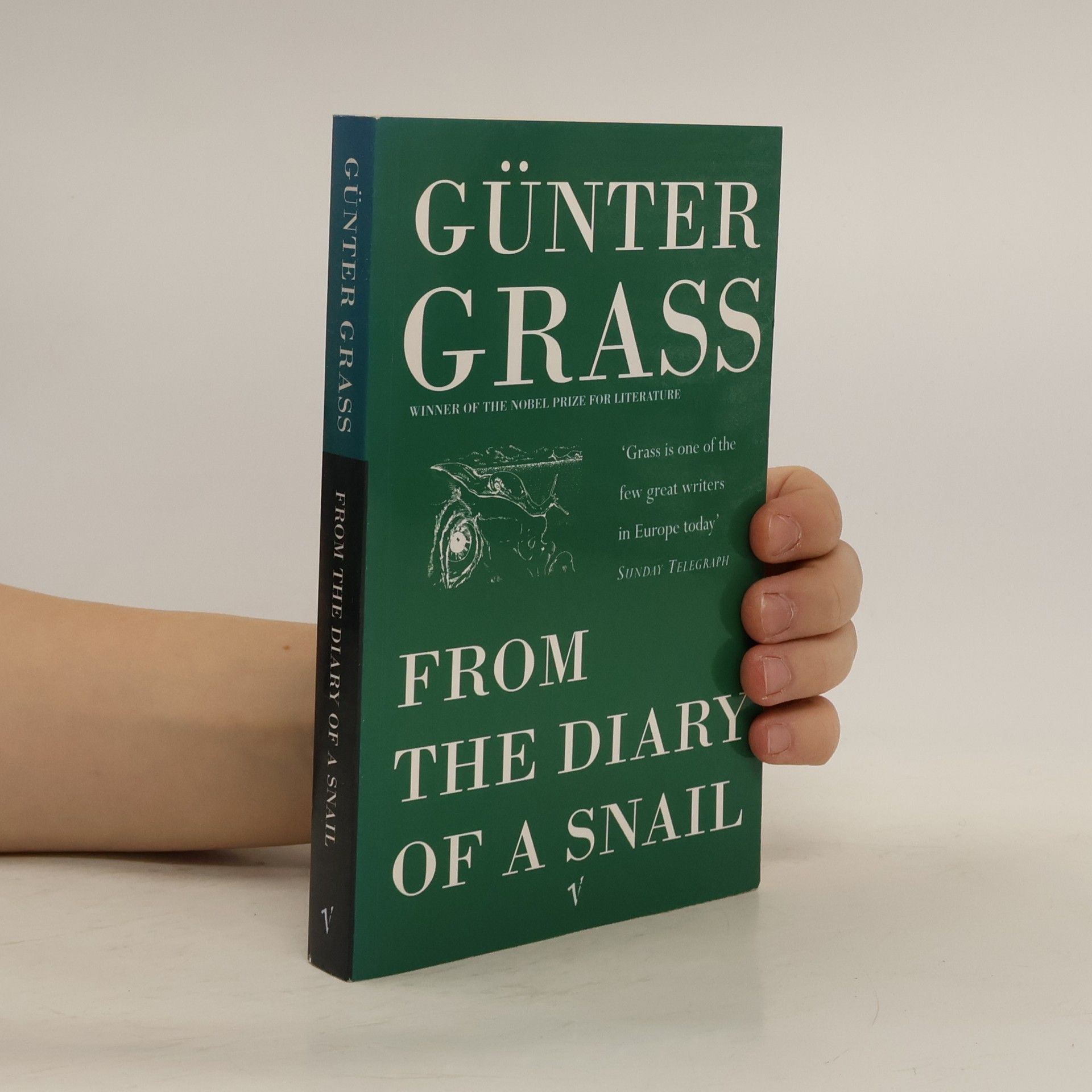Een driejarige jongen besluit uit protest tegen de verdorvenheid van zijn omgeving in Nazi-Duitsland niet verder te groeien.
Günter Grass Boeken
Günter Grass was een Duitse romanschrijver, dichter, toneelschrijver, illustrator, grafisch kunstenaar en beeldhouwer, bekroond met de Nobelprijs. Zijn werk keert vaak terug naar zijn jeugdstad Danzig, waarin hij een stijl toepaste die hij "verruimde werkelijkheid" noemde, een vorm van Europees magisch realisme. Grass onderzocht meesterlijk de thema's schuld, herinnering en identiteit in het naoorlogse Duitsland. Zijn unieke stem en diepgaande betrokkenheid bij de geschiedenis maken hem tot een van de meest significante literaire figuren van de 20e eeuw.

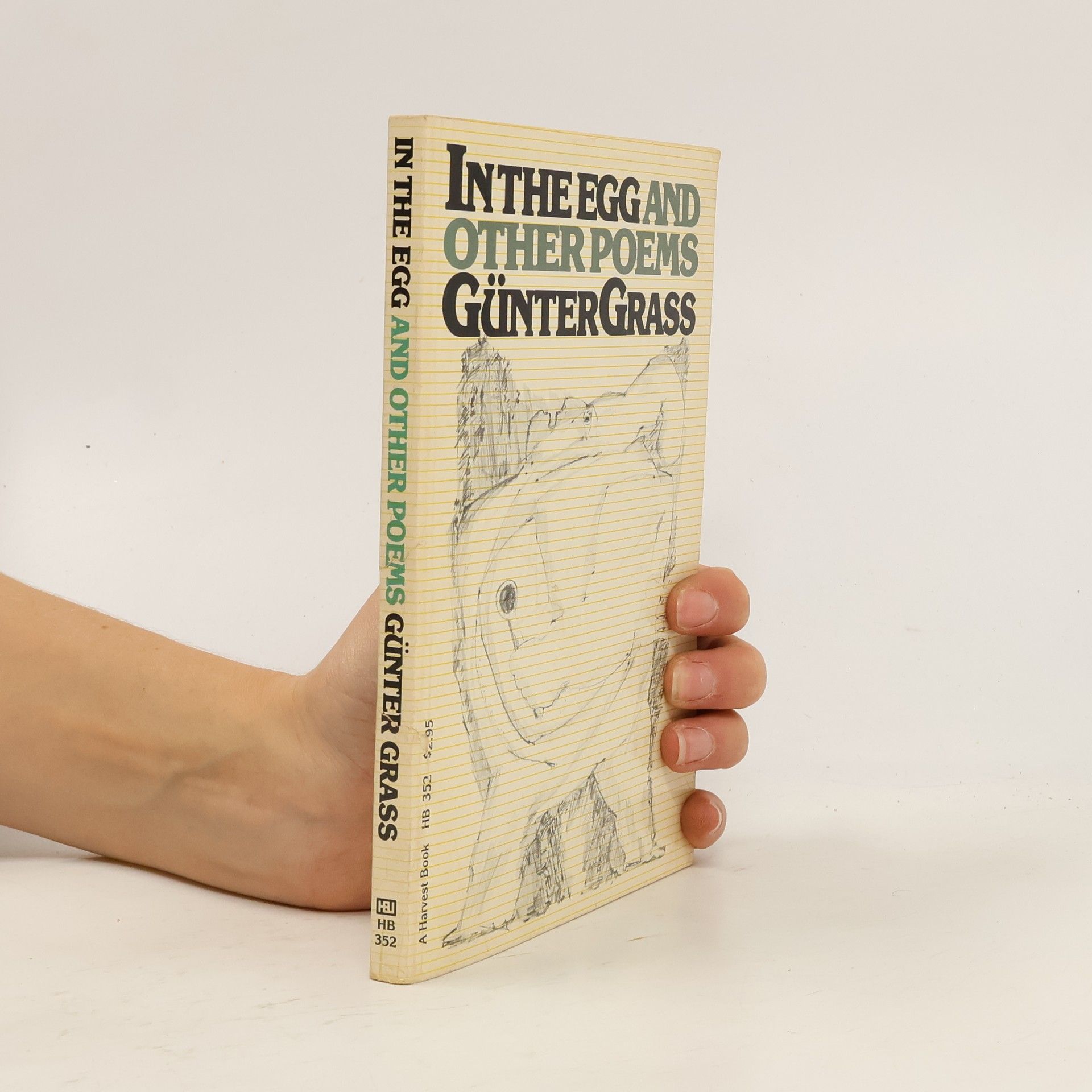

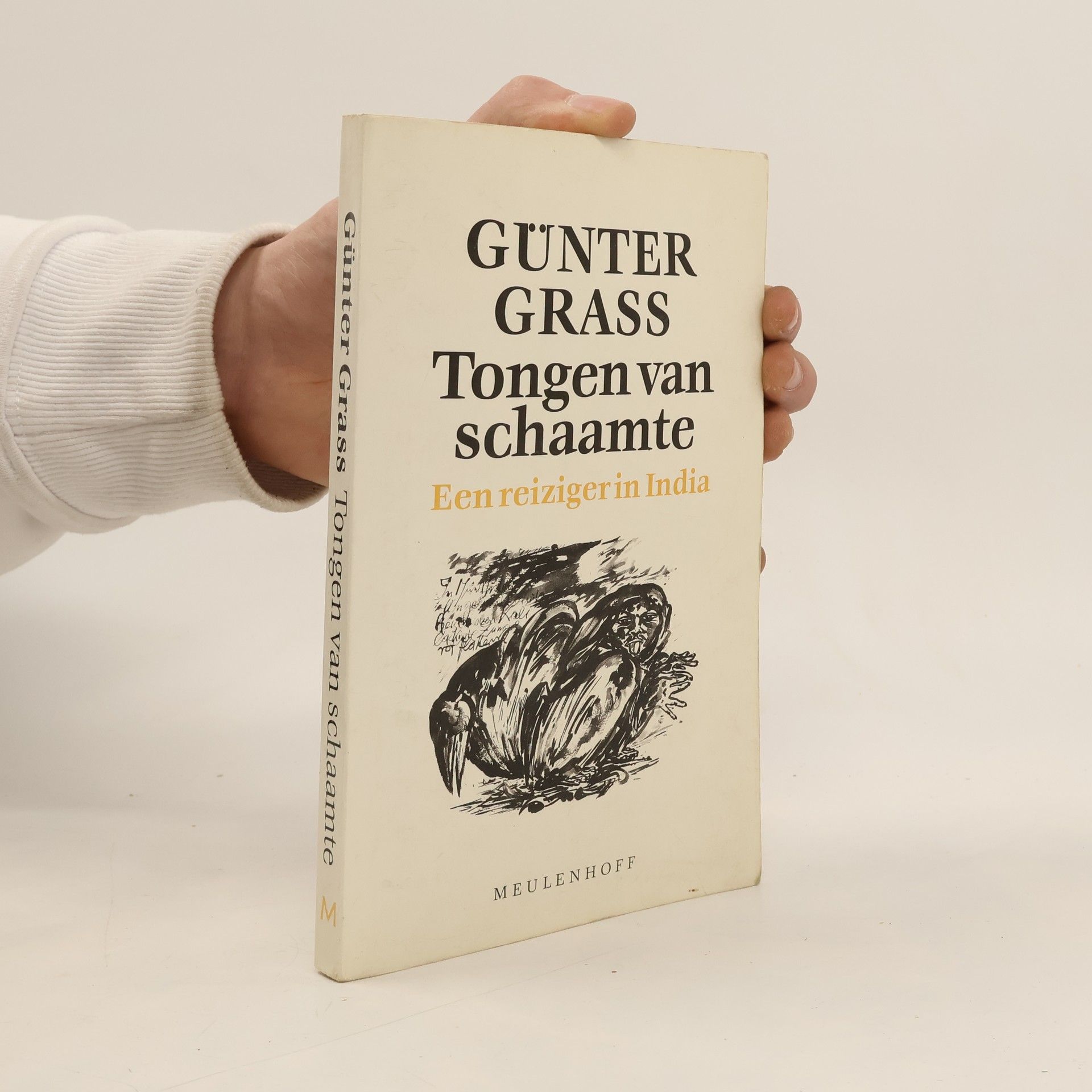
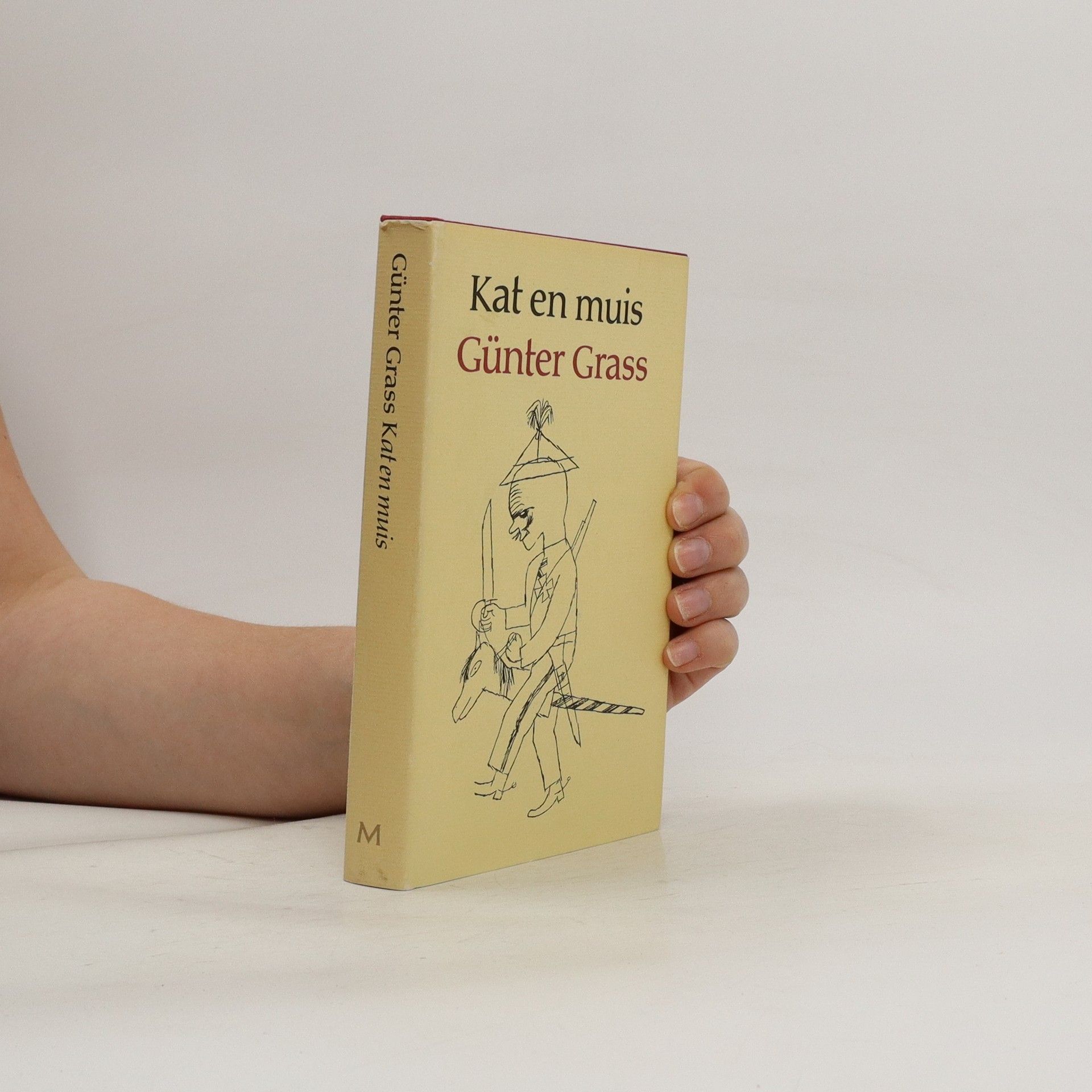

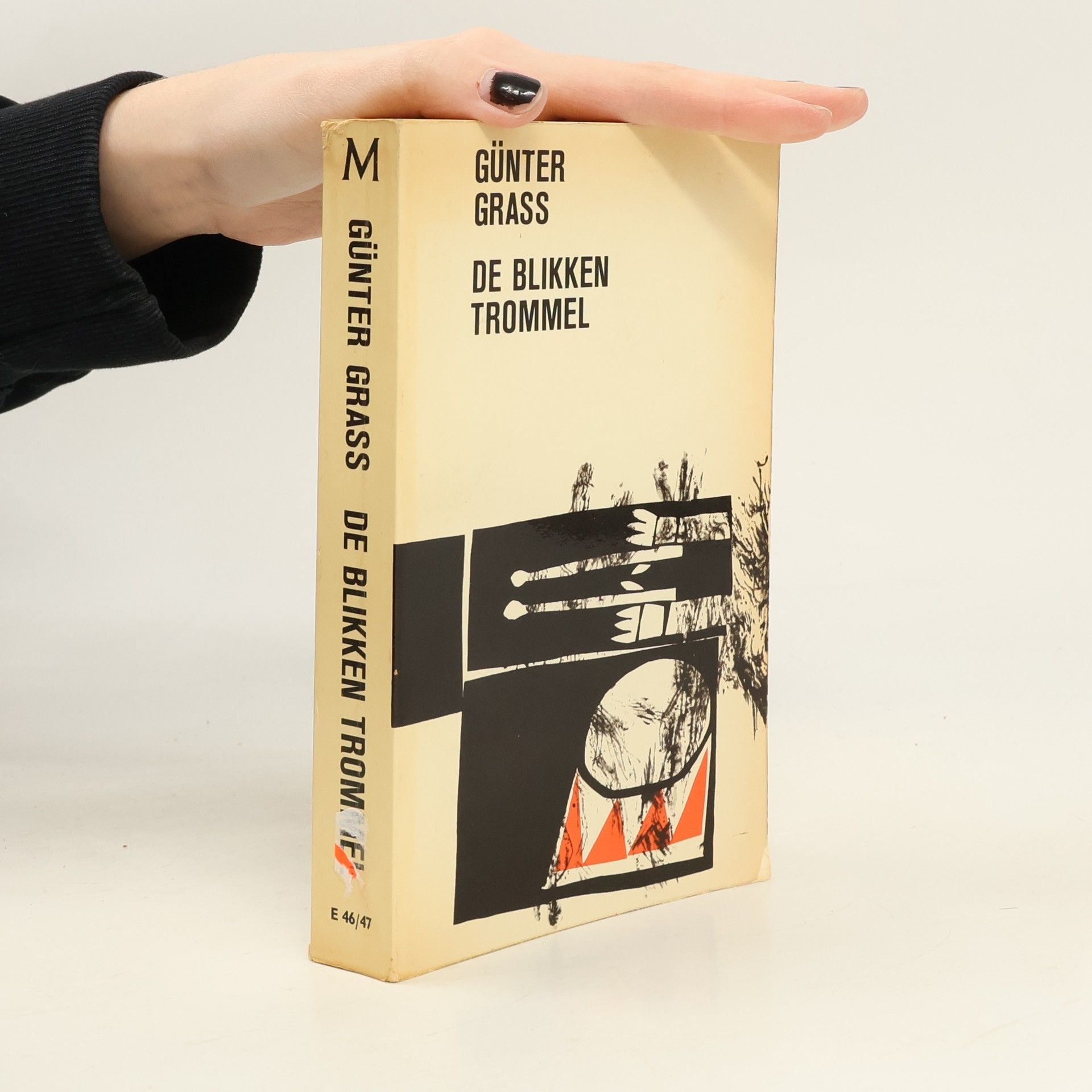
Op een mooie zomerdag aan het einde van de Jonge Steentijd vist de visser Edek in de Oostzee een bijzondere, sprekende bot. Deze vis, oeroud en alwetend, biedt de visser onsterfelijkheid en leidt hem door de eeuwen heen, van het Stenen Tijdperk naar een tijd waarin mannen de geschiedenis maken, maar de schaduw van vrouwen blijft. Als schrijver vertelt Edek in de jaren zeventig aan zijn zwangere Ilsebil de lange geschiedenis van negen levens en negen kookvrouwen. Terwijl hij zijn verhaal deelt, wordt de bot opnieuw gevangen, dit keer door drie vrouwen en voor een feministisch tribunaal in Berlijn gebracht, aangeklaagd als steunpilaar van de mannen. Günter Grass verkent in deze vertelling de dynamiek tussen mannen en vrouwen, de emancipatie van vrouwen en de rol van mannen in de geschiedenis. Hij stelt dat de menselijke geschiedenis sterk wordt beïnvloed door voedsel en wijst op de traditionele verantwoordelijkheden rondom eten. Door levensverhalen te verweven met tribunaalscènes, verbindt Grass het heden met een persoonlijke geschiedenis. Dit werk is een aards, Rabelaisiaans epos vol verhalen, sprookjes, gedichten, recepten, humor en diepere gedachten.
Belevenissen van een vroegrijpe scholier in Danzig vóór en tijdens de Tweede Wereldoorlog.
Tongen van schaamte
- 139bladzijden
- 5 uur lezen
De Duitse auteur verhaalt over zijn ervaringen, impressies en gedachten tijdens een reis door het oosten en zuiden van India en Bangladesh.
Nobelprijsbibliotheek - 10: De blikken trommel
- 639bladzijden
- 23 uur lezen
De blikken trommel is de grootse roman over Oskar Matzerath, die op driejarige leeftijd weigert te groeien omdat de tijd waarin hij gedwongen wordt te leven - de fatale jaren van het nationaal-socialisme - hem niet bevalt. Deze even aanstootgevende als aangrijpende roman is een van de hoogtepunten uit de naoorlogse literatuur.
In the Egg and Other Poems
- 160bladzijden
- 6 uur lezen
This selection combines Selected Poems (1966) and New Poems (1968). The German originals face the translations. Translated by Michael Hamburger and Christopher Middleton. A Helen and Kurt Wolff Book
In this vast novel, packed with incident, Gunter Grass traces the dark labyrinth of the German mentality as it developed during the rise, fall, and aftermath of the Third Reich.
Peeling the Onion
- 432bladzijden
- 16 uur lezen
Peeling the Onion is a searingly honest account of Grass' modest upbringing in Danzig, his time as a boy soldier fighting the Russians, and the writing of his masterpiece, The Tin Drum, in Paris. It is a remarkable autobiography and, without question, one of Gunter Grass' finest works. By the Nobel Prize- winning author of The Tin Drum.
Suddenly, in spite of the trials of old age, and with the end in sight, everything seems possible again: love letters, soliloquies, scenes of jealousy, swan songs, social satire, and moments of happiness. Only an ageing artist who had once more cheated death could get to work with such wisdom, defiance and wit. A wealth of touching stories is condensed into artful miniatures. In a striking interplay of poetry, lyric prose and drawings, Grass creates his final, major work of art. A moving farewell gift, a sensual, melancholy summation of a life fully lived.
From the Diary of a Snail
- 240bladzijden
- 9 uur lezen
Probably the most autobiographical of his novels, From the Diary of a Snail balances the agonising history of the persecuted Danzig Jews with an account of Grass's political campaigning with Willie Brandt. Underlying all is the snail, the central symbol that is both model and a parody of social progress, and a mysterious metaphor for political reform. From the winner of the Nobel Prize for Literature and author of The Tin Drum.
